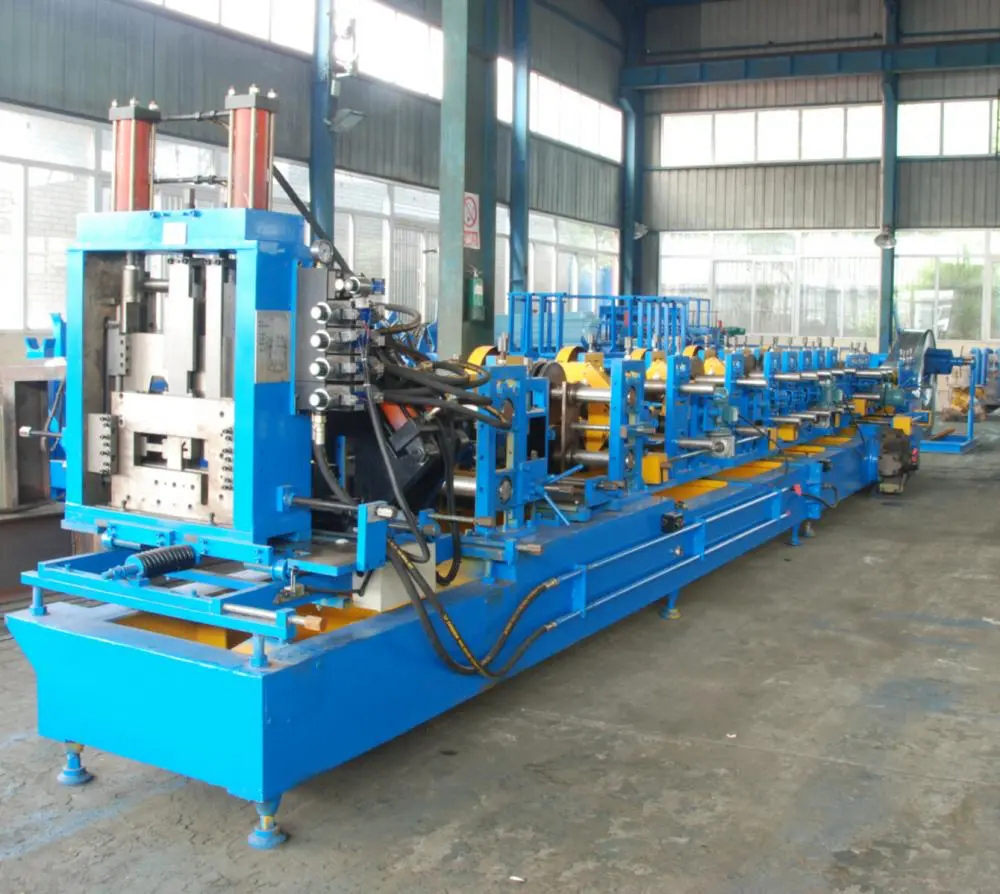
The Importance of Metal Forming Machines in Modern Manufacturing
Metal forming machines play a pivotal role in the manufacturing industry, facilitating a wide range of processes that transform raw metal into finished products. These machines are instrumental in shaping metal into specific forms through various techniques, including bending, stamping, forging, and extrusion. As industries continue to evolve, the significance of metal forming machines has become more pronounced, given their impact on efficiency, precision, and versatility.
One of the primary advantages of metal forming machines is their ability to enhance production efficiency. With automated systems, manufacturers can achieve high-speed processing and reduce labor costs significantly. Advanced machinery equipped with computer numerical control (CNC) technology enables precise programming, allowing for the rapid production of parts with minimal human intervention. This not only accelerates the manufacturing process but also minimizes errors, resulting in higher-quality products that meet stringent specifications.
Additionally, metal forming machines contribute to optimizing material utilization. Traditional methods of metalworking often result in substantial waste; however, modern forming techniques maximize the use of raw materials. For instance, processes like stamping can produce intricate shapes from sheets of metal with very little scrap. This cost-effective approach aligns with the growing emphasis on sustainability in manufacturing, as it helps reduce the environmental footprint of producing metal components.

Versatility is another key feature of metal forming machines. They are capable of processing a wide variety of metals, including steel, aluminum, brass, and titanium. This flexibility allows manufacturers to cater to diverse industries, from automotive and aerospace to electronics and construction. Each sector has unique requirements, and the ability to swiftly adapt and produce specific components is crucial for competitive edge. For example, in the automotive industry, the demand for lightweight and strong materials has prompted a shift towards advanced metal forming techniques, enabling the production of complex parts that optimize vehicle performance.
Moreover, advancements in technology have led to the development of innovative metal forming machines that incorporate features such as multi-axis machining, automation, and real-time monitoring. These capabilities not only improve accuracy but also enhance the overall adaptability of manufacturing processes. The implementation of IoT (Internet of Things) in metal forming machinery allows for data collection and analysis, which can be used to predict maintenance needs and optimize production schedules. This smart manufacturing approach is revolutionizing how industries operate, resulting in less downtime and increased output.
In conclusion, metal forming machines are at the forefront of modern manufacturing, offering significant benefits in efficiency, material utilization, and versatility. As industries become more competitive and demand for high-quality metal components grows, the role of these machines will continue to be instrumental. Embracing innovative technologies and techniques will ensure that metal forming processes remain effective and sustainable, ultimately driving the advancement of various sectors. The ongoing evolution of metal forming machines underlines their invaluable contribution to the manufacturing landscape, making them indispensable tools for achieving excellence in metalworking.